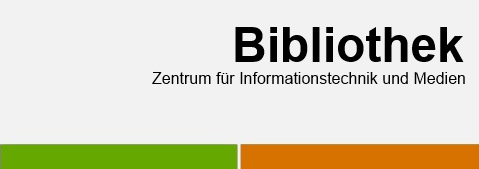Filtern
Dokumenttyp
Streptavidin is a 58 kDa tetrameric protein with the highest known affinity to biotin with a wide range of applications in bionanotechnology and molecular biology. Dissolved streptavidin is stable at a broad range of temperature, pH, proteolytic enzymes and exhibits low non‐specific binding. In this study, a streptavidin monolayer was assembled directly on a biotinylated TiO2‐surface to investigate its stability against proteolytic digestion and its suppression of initial bacterial adsorption of Escherichia coli, Bacillus subtilis, and Streptococcus intermedius. In contrast to nonmodified TiO2 surfaces, streptavidin‐coated substrates showed only a negligible non‐specific protein adsorption at physiological protein concentrations as well as a significantly reduced bacterial adhesion. The antiadhesive properties were demonstrated to be the main reason for the suppression of bacterial adhesion, which makes this approach a promising option for future surface biofunctionalization applications.


